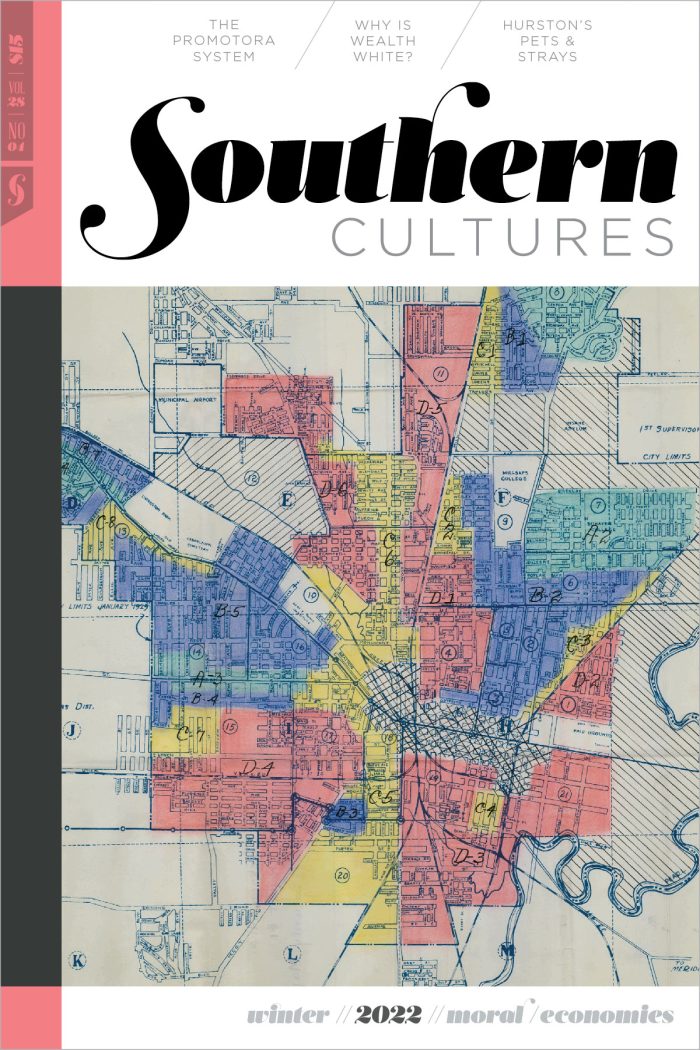“The migration practices of my family (which mirrored that of other compatriots) between Mexico, Texas, and Georgia in the 1990s illustrate the entanglement of labor and familial migrations with a regional expansion of ethnic migrant economies.”
Houston, Texas, was my parents’ first home in the US South. My father was born in the Mexican state of Coahuila, my mother in San Luis Potosí. In the 1980s, each individually made their way to Houston, Texas, where they had family and friends from their respective rural hometowns. A combination of an economic crisis in Mexico with a steady job market in Texas made Houston a popular destination for many migrants in the last decades of the twentieth century. The growing Mexican social and kinship networks established in US cities during the 1980s, particularly following the passage of the Immigration Reform and Control Act of 1986, also facilitated higher migration rates of women and young people in this era. My father’s aunt welcomed him to her home on McCarty Street, where he settled and found work first as a grocery bagger and later in factories manufacturing metal bits and pieces for oil refineries. My mother’s siblings assisted her migration efforts, and she lived with them on the weekends in Denver Harbor, staying Monday through Friday with a white family for whom she cleaned and nannied. My parents later met on the dance floor of the city’s historic Pan-America Ballroom in 1988.


